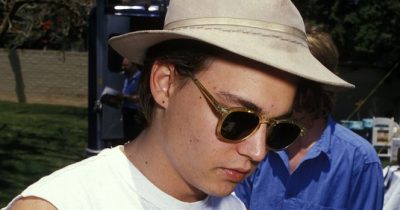
Kitui es un bebé rinoceronte negro que adora envolverse en su mantita naranja. Así que cada noche, después de pasar el día jugando con otros bebés rinoceronte en el Centro de conservación de vida salvaje Lewa, en Kenia, Kitui vuelve a su cama y se mete debajo de ella. Kitui llegó a Lewa porque su madre ciega fue incapaz de proteger a sus anteriores bebés de los depredadores. Por este motivo, se quedará aquí hasta que tenga tres o cuatro años, una vez esté listo para regresar a la vida salvaje. Por el momento, tiene el amor y cuidados del personal de Lewa… ¡Y también su manta favorita!
Conoce a Kitui, un raro ejemplar de bebé rinoceronte negro que vive en Kenia.
La madre ciega de Kitui no pudo proteger a sus bebés de los depredadores, así que Kitui está siendo criado en el Centro de conservación de vida salvaje Lewa. Su mamá adoptive es Elías.
Kitui pasa los días jugando con amigos como Nicky, quien también aparece en la fotografía de abajo.
Pero al final del día, Kitui regresa a la comodidad de su corral y su manta naranja.
Kitui duerme junto a la puerta de sus cuidadores, quien le vigilan por la noche y le traen algo para comer.
Wanjiku Kinuthia, de Lewa, dijo a The Dodo: “Kitui es uno de los 640 rinocerontes negros amenazados que quedan en Kenia. Cada individuo cuenta a la hora de asegurar la supervivencia de la especie.
Cuando Kitui tenga 3 o 4 años de edad será liberado de nuevo en un entorno salvaje. Hasta entonces se le da todo lo que necesita para que crezca sano y fuerte.
Aprende más sobre los rinocerontes negros y el trabajo que Lewa hace por ellos en su página de internet.
Si estás feliz de ver cómo cuidan tan bien a Kitui, por favor, comparte esta historia con tus amigos de Facebook y genera conciencia de la situación que enfrentan estos animales en p
eligro de extinción.





